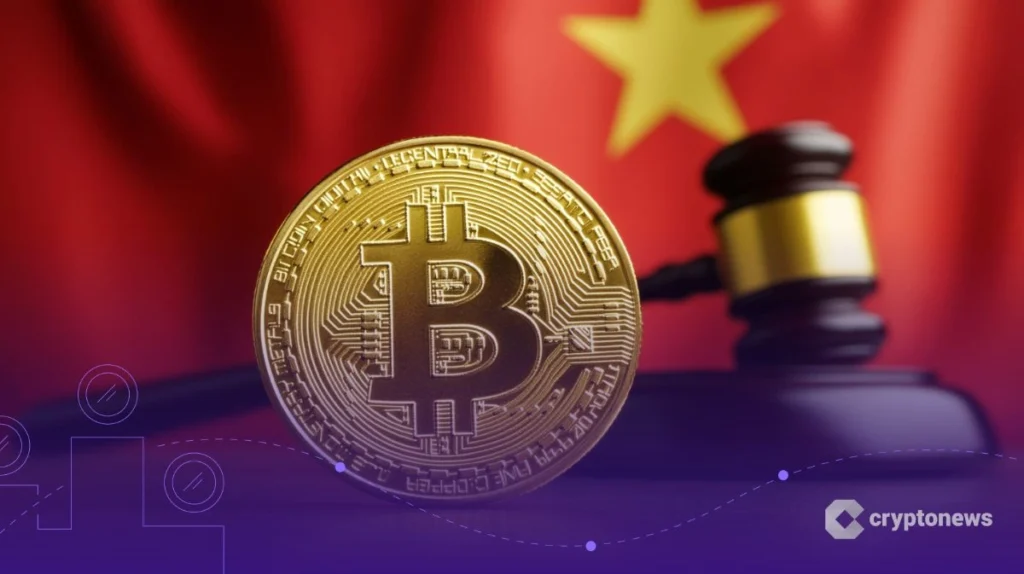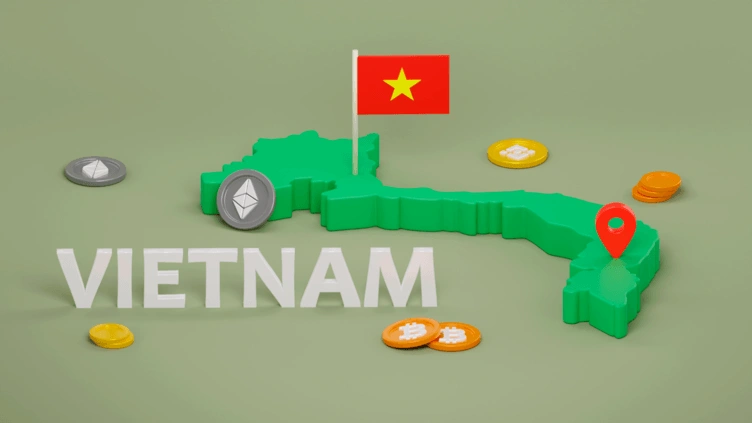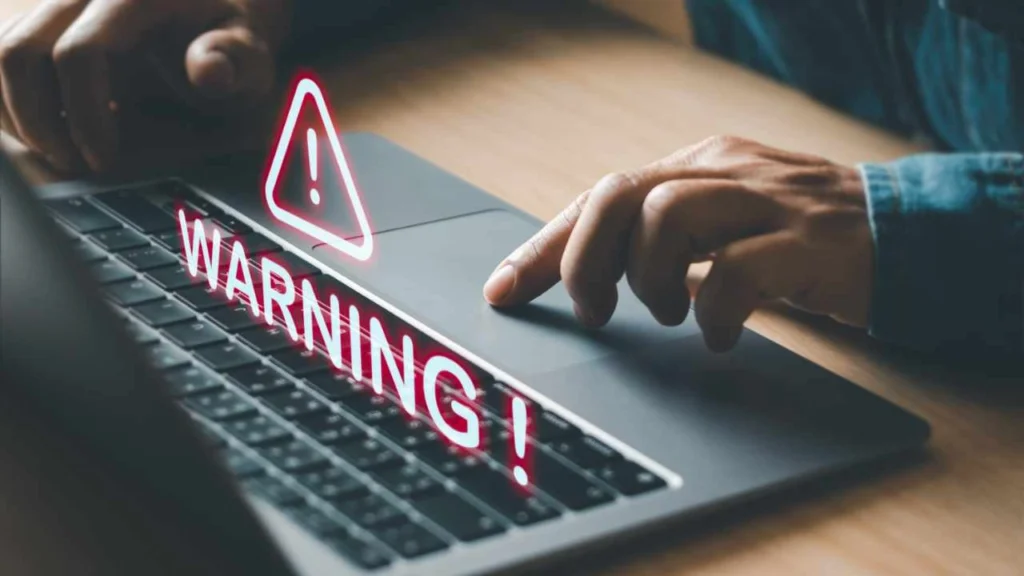Crypto Scams in Vietnam: Why Awareness is Your First Defense
Crypto scams in Vietnam are evolving at a troubling pace. From convincing investment apps to fake trading groups on platforms like Zalo and Telegram, scammers are becoming more sophisticated—and more locally tailored. But even in this increasingly complex environment, Vietnamese investors have real tools to protect themselves. By applying secure trading tips and staying informed about the common tactics used by fraudsters, you can significantly reduce your risk.
This guide offers real-world strategies and insights into the crypto landscape in Vietnam—practical, no-nonsense advice based on what’s actually happening in 2025. Whether you’re just starting your crypto journey or already navigating the market, staying alert and aware is now more essential than ever.
Recognizing the Most Common Crypto Scams in Vietnam

Credit from Crypto News
Crypto scams in Vietnam are often designed around local habits, apps, and communication platforms. One widespread tactic involves imitation trading platforms that promise quick returns—often disguised under sleek interfaces and professional branding. Another rising threat is the “romance scam,” where scammers build emotional trust over weeks or months before introducing investment opportunities that ultimately lead to losses.
Phishing attempts are also rampant, usually arriving as fake customer service messages urging you to click suspicious links. Meanwhile, pump-and-dump coins are regularly promoted by influencers, only to collapse within hours, leaving retail investors with worthless tokens. If something guarantees “no risk” or claims you’ll double your money overnight, consider it a red flag.
Why It’s Critical to Stick with Trusted Exchanges and Wallets
Your choice of exchange and wallet can determine how safe your crypto really is. Only trade on platforms with proven reputations in Vietnam or internationally. Look for key security features like two-factor authentication (2FA), transparent licensing, and consistent user feedback from communities on Reddit or the App Store.
Holding large balances on exchanges is risky, especially in volatile markets. Cold wallets—offline storage devices—are recommended for long-term holdings or anyone serious about security. Think of your exchange as your active wallet, and your cold storage as your digital savings vault.
Spotting a Scam Token Before It’s Too Late

Credit from CoinMarketCap
New tokens emerge weekly in Vietnam’s crypto scene, but not all are legitimate. Scammers often clone real projects with subtle changes in name or URL. Always verify project details across multiple sources. Look beyond the surface—check whether the community is active and discussing meaningful updates, not just hyping the price.
Examine the whitepaper as well. Is it detailed with a clear roadmap and use case, or is it full of vague promises and buzzwords? If you’re unsure, refer to neutral platforms like CoinMarketCap or CoinGecko before making any decisions.
Don’t Blindly Trust Every Crypto Influencer
In Vietnam, as elsewhere, influencers wield enormous influence over young investors. Many of them are paid to promote certain coins, often without disclosing the partnership. Always question their motives. Are they providing critical analysis and real data, or just excitement and speculation?
If most of their content revolves around “top 3 coin picks” or “next big tokens” with no follow-up or accountability, proceed with skepticism. These voices should inform your research—not replace it.
Treat Your Crypto Accounts Like Financial Fortresses
Your crypto holdings deserve the same protection you’d apply to your bank account—or more. Set up strong, unique passwords for every platform. Enable 2FA using an app like Google Authenticator rather than SMS, which is more vulnerable to SIM swap attacks. Never log in using public Wi-Fi or shared devices.
Most importantly, guard your seed phrase or private key as if your entire portfolio depends on it—because it does. Never share this information, even with someone who claims to be support staff or a fellow trader. Scammers often pose as friendly helpers before stealing everything.
Always Double-Check Before Transferring Funds
Crypto transactions are irreversible. Once it’s sent, there’s no undo button. That’s why it’s vital to slow down and double-check everything. Make sure wallet addresses are correct—character by character—and consider sending a small test transaction before moving larger sums.
Scams often rely on urgency: “Buy now,” “transfer quickly,” or “limited-time offer.” Resist that pressure. Take your time. Slowing down could save you thousands.
If You Get Scammed, Act Quickly and Report

If you suspect you’ve fallen for a scam, the first step is to halt communication immediately. Gather all the evidence—screenshots, wallet addresses, transaction IDs, and chat logs. Then, report the incident to Vietnam’s Ministry of Public Security (A05) or your local cybercrime unit.
Additionally, warn others by sharing your experience in crypto communities on Facebook, Zalo, or Reddit. While you may not recover your funds, your actions could prevent someone else from falling into the same trap.
Final Thought: Crypto Scams Can Be Avoided with Smart Habits

Crypto scams in Vietnam are real and rising, but they’re not inevitable. With strong habits, careful research, and secure trading tips, even first-time investors can avoid the traps. Vietnam’s crypto future is promising—but only if safety remains part of the culture. So stay alert, ask questions, and treat every transaction like a serious financial decision.
Your vigilance is the best investment you can make.



